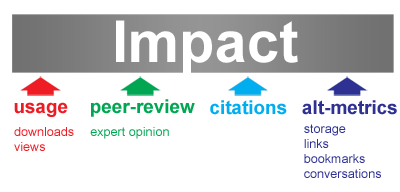Examining the differences between the motivations of traditional and entrepreneurial scientists
Examining the differences between the motivations of traditional and entrepreneurial scientists
Motivational differences among specific groups of researchers at 20 Hungarian higher education institutions.
